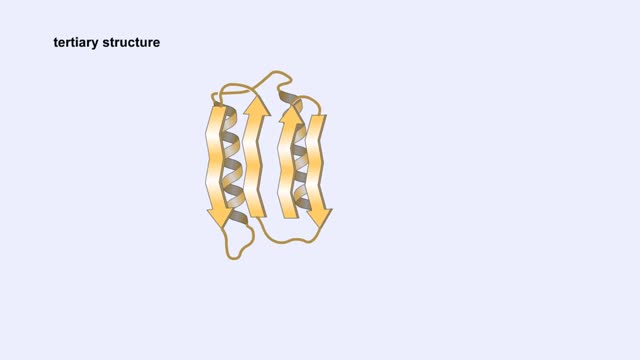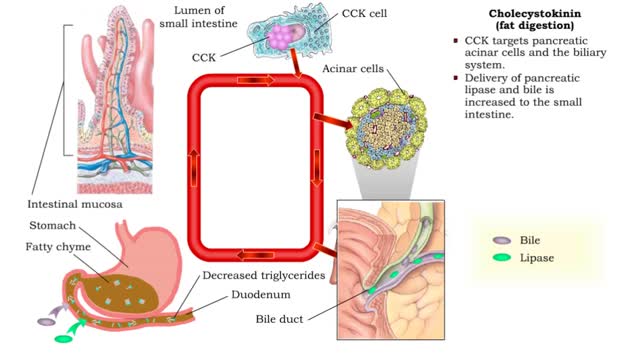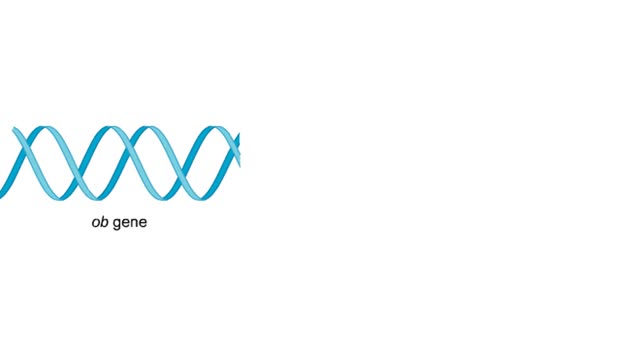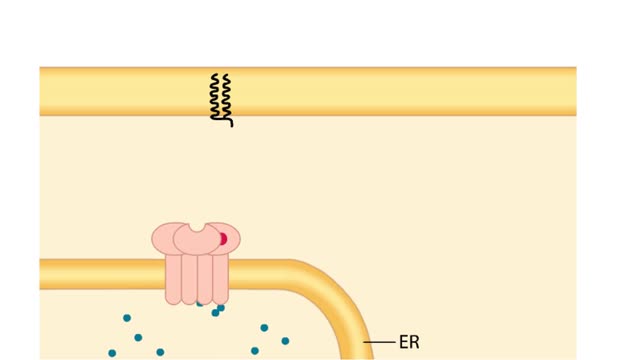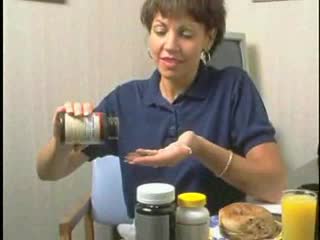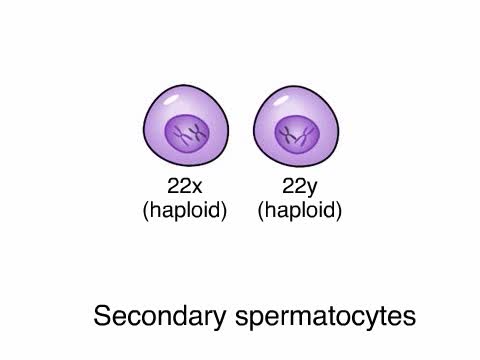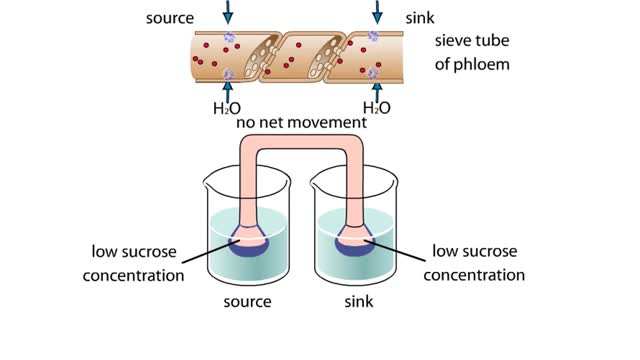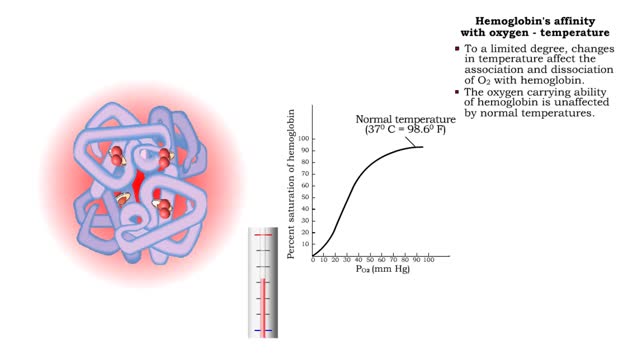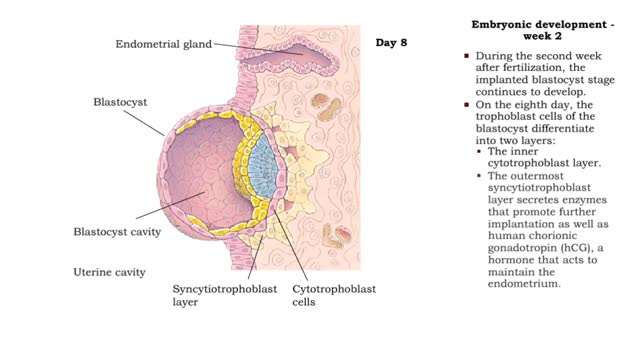Search Results
Results for: 'corticotropin releasing hormone'
Protein Structure - Primary, Secondary, Tertiary and Quaternary
By: HWC, Views: 10943
A protein's first order structure, or primary structure, begins with the amino acid sequence of the polypeptide chain. The 20 different amino acids can be arranged in an infinite number of sequences. For example, the hormone insulin, which regulates the uptake of glucose from the blood into ce...
Secretin (inhibiting gastric acid secretion), Cholecystokinin (fat digestion) & Cholecystokinin
By: HWC, Views: 10905
• As chyme approaches the small intestine, secretin also targets acid-producing parietal cells in the gastric mucosa. • Increased secretin inhibits gastric add secretion. • With less gastric acid produced, the chyme going into the intestine is less acidic. • The hormone CCK also reg...
Chronology of leptin research (A history of leptin research)
By: HWC, Views: 8090
In 1950. researchers at Jackson Laboratories noticed that one of their mice had become extremely obese—it had an insatiable appetite. Intrigued, they bred a strain of mice showing this characteristic. In the late 1960s, researchers surgically connected the bloodstreams of a normal mouse and a...
Second Messengers in the Inositol-lipid Signaling Pathway
By: HWC, Views: 10194
Extracellular signals produce specific responses in target cells through the action of intracellular second messengers. Here, we focus on three second messengers, IP3, DAG, and Ca2+, all involved in the inositol-lipid signaling pathway. A hormone-receptor signal on the cell surface leads to the a...
By: Administrator, Views: 14313
Premenstrual syndrome (PMS) refers to physical and emotional symptoms that occur in the one to two weeks before a woman's period. Symptoms often vary between women and resolve around the start of bleeding. Common symptoms include acne, tender breasts, bloating, feeling tired, irritability, and mo...
By: Administrator, Views: 652
A man’s reproductive system is specifically designed to produce, store, and transport sperm. Unlike the female genitalia, the male reproductive organs are on both the interior and the exterior of the pelvic cavity. They include: the testes (testicles) the duct system: epididymis and vas def...
By: HWC, Views: 10322
This apparatus of beakers A and funnels simulates the flow of a sucrose solution in the phloem of a plant. The funnels and connecting tube represent a sieve tube of the phloem. Differentially permeable membranes cap the funnels at the source and sink ends, allowing water, but not sucrose, to cros...
Hemoglobin's affinity with oxygen - carbon dioxide, temperature and bisphosphoglycerate (BPG)
By: HWC, Views: 11019
• The carbon dioxide gas is temporarily converted to carbonic acid in red blood cells by the enzyme carbonic anhydrase, and then further converted to hydrogen and bicarbonate ions. • The result of increased carbon dioxide is decreased pH causing the Bohr effect. • Elevated carbon dioxid...
Embryonic development - week 1 and 2
By: HWC, Views: 11071
The first through eighth weeks after fertilization are called the embryonic. Week 1 • Within a day, the zygote begins mitotic cell division (cleavage) forming blastomeres. By the 4th day, the blastomeres have formed a solid ball called a morula. • The morula enters uterine cavity ar...
Advertisement



